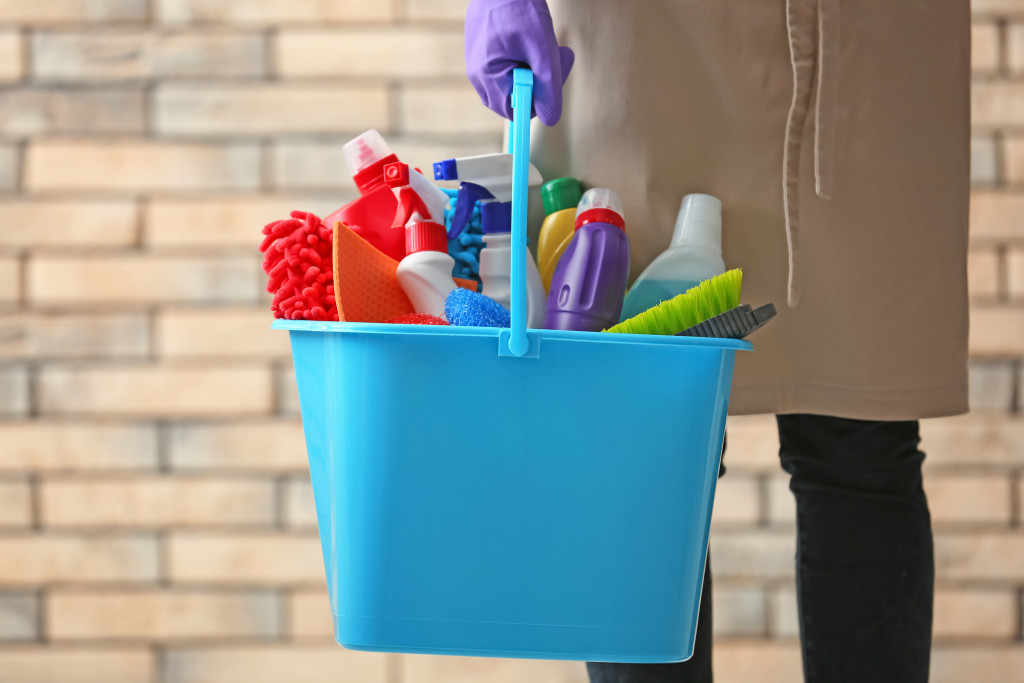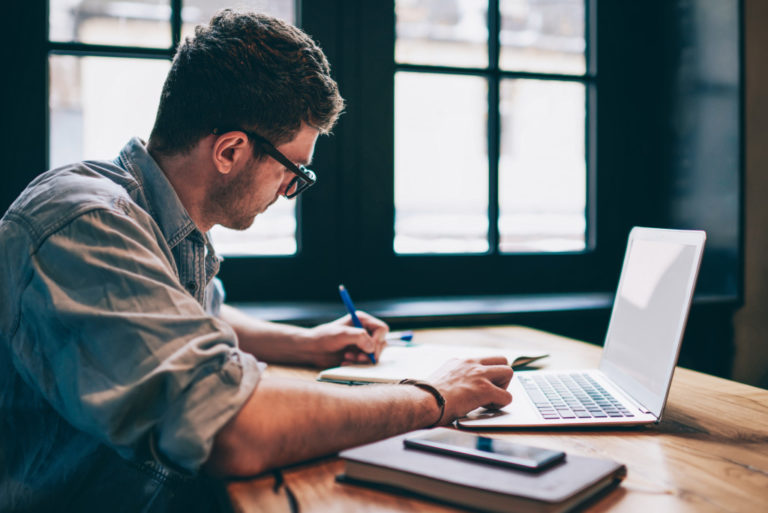Dangers lurk in every corner of your home. From the dangers posed by your porch to the molds you find in the basement, your house can also be a breeding ground for germs, dirt, grime, molds, and many other toxic materials that hurt your health. Since we literally have no choice but to choose to stay in our homes because of the coronavirus, it’s worth taking a look at the unhealthy areas and things in your home.
Shoes
Imagine how many bacteria and germs you’re also welcoming if you take your shoes inside the house. Look, you shower before you hit the bed because you don’t want dirty clothes on your bedsheets, but imagine where your shoes have been? You literally used them on soil, mud, and pavements. They carry fecal matter and many other things you can inhale or, worse, accidentally eat because they got to your food storage.
Pets
Unfortunately, your pets could be bringing in toxic materials from outdoors, too. If you let them run around the park, then chances are they took some germs and bacteria inside the house.
Ticks, for example, can cling to their paws, and dirt and dust are on their fur. Call a pest control company since they can target the presence of ticks in your home, too. Pet dander also causes allergies. You may not be aware that you’re allergic to pet dander. If you keep on having respiratory problems, it’s so much better to have yourself checked for possible allergies.
Toilet
Do you flush the toilet while the lid is still open? Don’t do it. Particles from the water inside the toilet can land on surfaces such as the sink, floor, etc. A bacterium called C. difficile lives in toilet water. It can cause gastrointestinal issues—from diarrhea to the inflammation of the colon, which is life-threatening. So, start closing the lid before you flush the toilet.
Cutting Board
Many homeowners make the mistake of using only one cutting board for dry goods and fresh meat. Bacteria can live on the cutting boards, so make sure you have a separate one for fresh meat. E.coli, which can survive in raw meats such as poultry, will cause abdominal cramps, vomiting, and diarrhea in humans. Washing your cutting boards with soap and water is not enough. Invest in different cutting boards—one each for fruits, vegetables, fresh meat, and others.

Refrigerator
Sure, you clean the inside of your refrigerator, but do you remember cleaning the coils and trays also? There could be molds collection in those trays since the water evaporating from the refrigerator goes there. Newer refrigerators will not have a tray, but they will still have coils behind, so make sure to dust these off as they could be blowing dust into your home. Make sure to turn off the power of the refrigerator before doing any of these, as you can get electrocuted.
Cleaning Products
Those house cleaning products you love very much might be toxic to your health, too. It’s important to read the labels. Avoid products with formaldehyde and perchloroethylene since they can be hazardous. You might want to prefer homemade cleaning products such as those you can make with essential items in your pantry. Lemon, baking soda, and vinegar are the most common materials you can use.
Plastic Containers
The chances are that your refrigerator is filled with plastic containers of leftover food. Are you aware that these containers can pose a serious threat to your health? Chemicals such as BPA in plastic can go to the food you store in those boxes when reheating them in the microwave. Make sure to use glass containers when reheating the food or find plastic containers free from BPA.
Mattress
Your mattress can be a breeding ground for mites. You should change it every eight years. Or, if that is not possible, have a professional clean the mattress regularly. Dust mites are bad for people with asthma and other respiratory problems. Aside from the mattress, change your sheets weekly, too. If you’ve had the sheets for a long time, invest in a new set.
Pollen
During allergy season, pollen can get in your homes. That’s why you’re probably sneezing all the time. This is why you should close windows and doors during the pollen season. If you’ve been outside, take a shower and change your clothes. Also, don’t wear shoes in the house because you might bring pollen inside.
You need to know what things you’re bringing inside your homes that are causing your allergies to flare up. And this isn’t only during the allergy season. All year long, you have to make sure your home is a sanctuary.

















